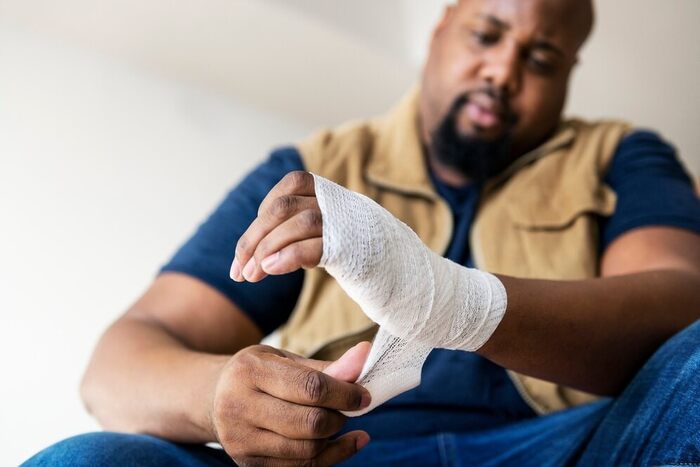When pursuing a personal injury case in Pittsburgh, evidence becomes the backbone of your claim. Without proper documentation and proof, your chances of recovering fair compensation decrease significantly. That’s why seeking trusted guidance from skilled personal injury attorneys is critical at the very start.
Establishing Fault
In personal injury cases, establishing fault is necessary. The burden of proof lies with the injured party. For example, if you were in a car accident due to another driver’s negligence, you need solid evidence to prove that they caused it.
This evidence can include police reports, photographs of the accident scene, vehicle damage, and witness statements. Without these, it becomes a matter of your word against theirs, which weakens your position in court or during negotiations.
Proving Your Injuries
Medical evidence is equally important. Simply saying that you are hurt is not enough. You must demonstrate the nature and extent of your injuries through medical records, hospital bills, diagnostic reports, and treatment plans.
Immediate medical attention also creates a timeline connecting your injuries directly to the incident. Any delay in getting treatment could give the insurance company an opportunity to argue that your injuries were unrelated.
Calculating Damages
Evidence is crucial when calculating damages. This includes both economic and non-economic losses. Economic damages involve medical bills, rehabilitation costs, lost wages, and property damage.
On the other hand, non-economic damages cover pain and suffering, emotional distress, and loss of enjoyment of life. To prove these, journals documenting daily pain levels, therapy records, or testimony from family and friends can be used. Without adequate evidence, you risk receiving an undervalued settlement.
Handling Insurance Companies
Insurance adjusters are trained to minimize payouts. They will closely scrutinize your claim and look for any gaps or inconsistencies in your evidence. A missing report or an incomplete set of medical records can be used to lower your compensation offer.
This is why presenting a well-organized, comprehensive set of documents strengthens your bargaining position. Attorneys often ensure all paperwork is compiled, verified, and submitted correctly to prevent any loopholes the insurer may exploit.
Demonstrating Negligence in Court
If your case goes to trial, the importance of evidence becomes even greater. Courts require clear and convincing proof that the defendant acted negligently and caused you harm.
Physical evidence, such as damaged clothing, broken equipment, or defective products, is vital. Additionally, expert witnesses like accident reconstruction specialists or medical professionals can provide testimony that strengthens your case by explaining complex issues to the jury in understandable terms.
Securing Witness Statements
Witnesses play an instrumental role in personal injury cases. They provide unbiased accounts that support your version of events. Their statements can clarify disputed facts, establish timelines, and confirm negligence.
However, memories fade over time. It’s important to gather witness statements as soon as possible after the accident to preserve accurate recollections before they diminish.
Using Photographs and Videos
Visual evidence is often more powerful than written or spoken testimony. Photographs of injuries, vehicle damage, unsafe property conditions, or weather on the day of the incident provide undeniable proof of your claims.
Surveillance camera footage from nearby businesses or dashcam videos can also be crucial in reconstructing accidents and establishing liability.
Final Thoughts
Evidence is the foundation of any personal injury claim. Without it, your case becomes vulnerable to challenges from insurance companies and defense attorneys. Every report, photograph, statement, and record contributes to creating a clear, undeniable narrative.
If you have been injured due to someone else’s negligence, gather as much evidence as possible and seek legal help immediately. This ensures nothing is overlooked. Remember, in a Pittsburgh personal injury case, it’s not just about what happened – it’s about what you can prove.


